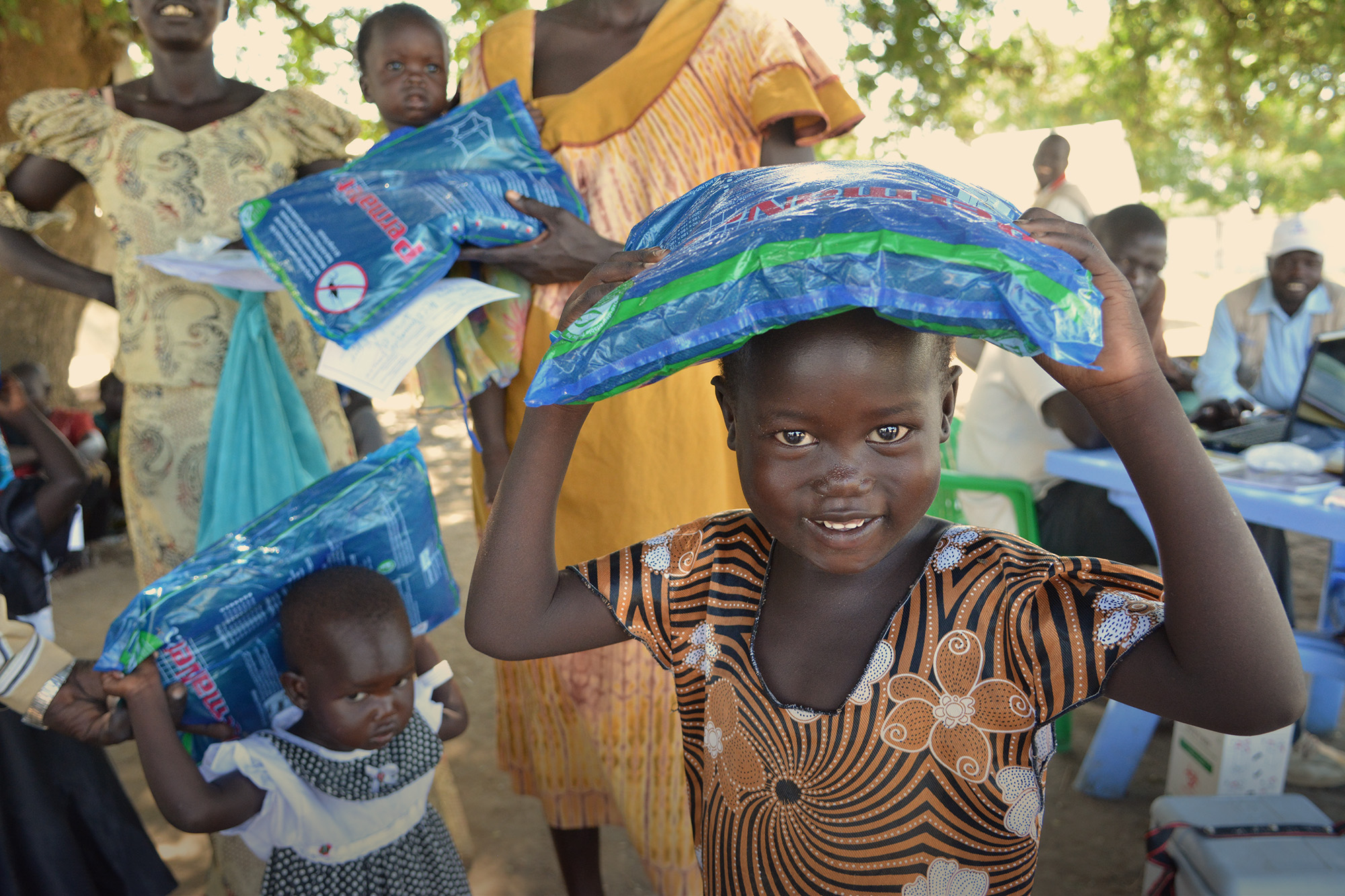
About us
IMA World Health has been a key partner in addressing South Sudan’s health needs since 2008, working closely with the nascent government’s Ministry of Health, civil society, donors and other critical partners primarily on health systems strengthening, malaria and HIV/AIDS interventions.
On July 9, 2011, the Republic of South Sudan became an independent nation after nearly three decades of conflict and the displacement of hundreds of thousands of South Sudanese. After more than a generation of conflict, there was peace and celebration.
Jonglei and Upper Nile, where IMA projects focused, were the two most challenging states. Forming a natural corridor from Sudan, the states’ populations constantly shifted as citizens made their way home from exile; severe flooding from seasonal rains made access to communities nearly impossible for much of the year and communication systems were very limited. Despite these unique challenges, progress was swift and encouraging. Our projects exceeded targets, and for a time, health indicators in Jonglei and Upper Nile improved faster than the rest of the country.
But in mid-December 2013, violent conflict arose again, and Jonglei and Upper Nile were two of the three hardest-hit states. Many civilians were killed or injured, and more than 2 million have been displaced, facing hunger and other horrors of war. IMA and partners rallied in response, switching gears from long-term interventions to emergency support where most needed. Finding inspiration in the resilience of the people, IMA re-opened ransacked health centers and established mobile clinics in conflict zones, recruiting displaced health workers to staff them and serve their own dislocated communities.
Despite ongoing and ever-changing challenges, IMA’s projects have continued to help hundreds of thousands of people in South Sudan, to the credit of IMA staff, our partners and South Sudan’s resilient people.
